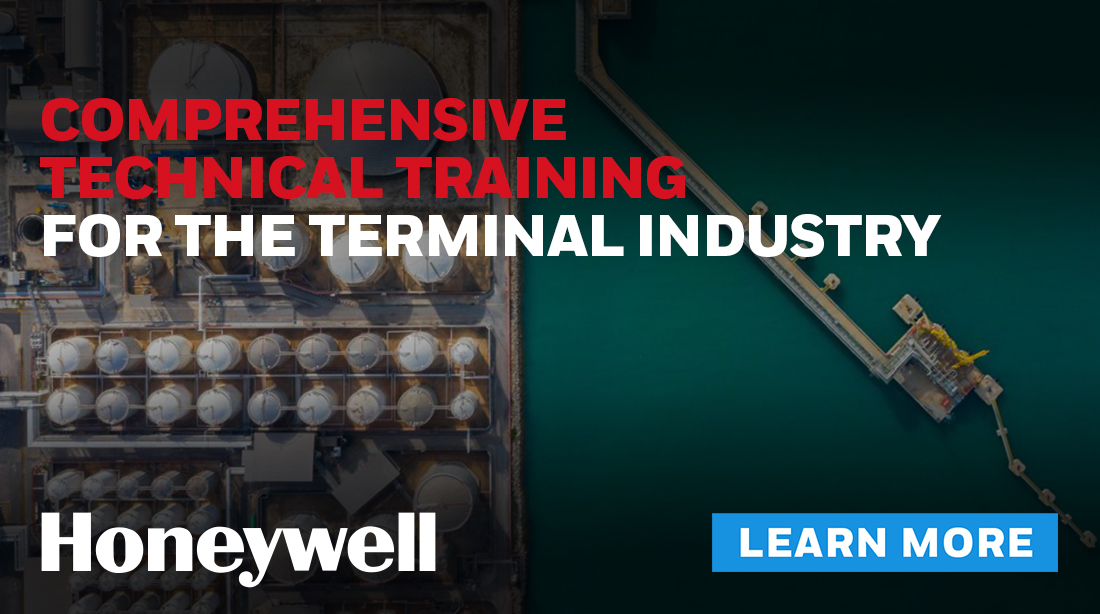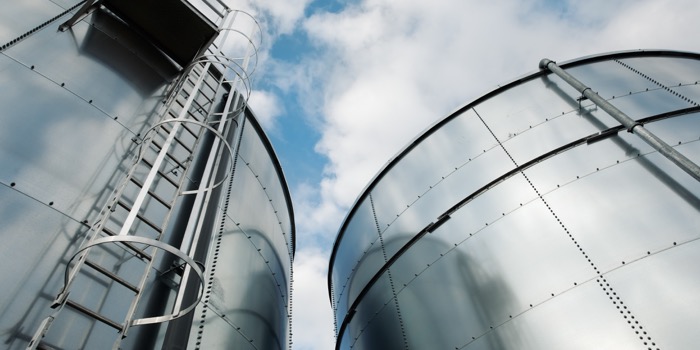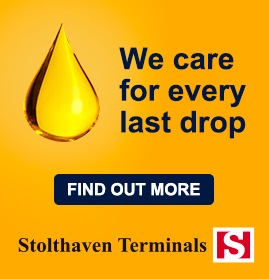OPW said the key to safer operations is to identify the activity’s potential risks and then develop and implement the most effective ways to combat them. To this end, its product brands have developed release-prevention technologies for use in fluid-storage terminals.
It said: “In the fluid storage terminal industry, hundreds of product-transfer activities that take place on any given day carry with them the built-in risk of a product release occurring. Product releases are also detrimental to the product supplier’s bottom line – any fluid that finds its way to the ground rather than the inside of a railcar or tank truck cannot be sold. By extension, a storage terminal that is regularly the site for product spills will earn a reputation as one that cannot be trusted, which could lead to lost business.”
OPW said its businesses have put “much time and effort” into developing products that reduce the risk of a product release during the loading of tank trucks and railcars. These are as follows:
OPW Engineered Systems: Realising that every loading terminal has its own unique design and operational needs, OPW Engineered Systems has created loading systems that can meet the requirements of most common site designs, as well as systems that are versatile enough to be fully customisable. Labelled its Total Terminal Solutions package, OPW offers complete lines of Terminal Loading Arms, API Couplers, Terminal Electronic Equipment, Terminal Accessories, Swivel Joints and Safety Breakaways, all of which are crafted to decrease the chance that a product release will occur during the fluid-transfer process.
Civacon: The CivaCommand Smart Tank System acts as a tank truck’s nucleus, which gives the operator complete visibility into all loading activities. Specific to reducing product releases, the CivaCommand system utilises Smart Elbows that do not allow a fluid transfer to occur unless all connections are fully secure; nearly reducing the chance that a spill will occur. CivaCommand also incorporates advanced overfill prevention through real-time tank-monitoring diagnostics; this helps make accidental tank-overfill incidents a thing of the past.
Midland: For more than 60 years, Midland has engineered all of its railcar equipment and systems to enable the safe and efficient loading and unloading of hazardous and non-hazardous bulk fluids, from crude oil to anhydrous ammonia and LPG to chlorine. Midland offers complete lines of components for specific use on General Purpose, Pressure and Pressure Differential railcars. And, should a product release occur due to an in-transit accident, Midland has developed Emergency Response Kits (ERK) that have been designed to allow for the quick and safe capping of leaking railcar fittings.
For more information visit www.opwglobal.com













